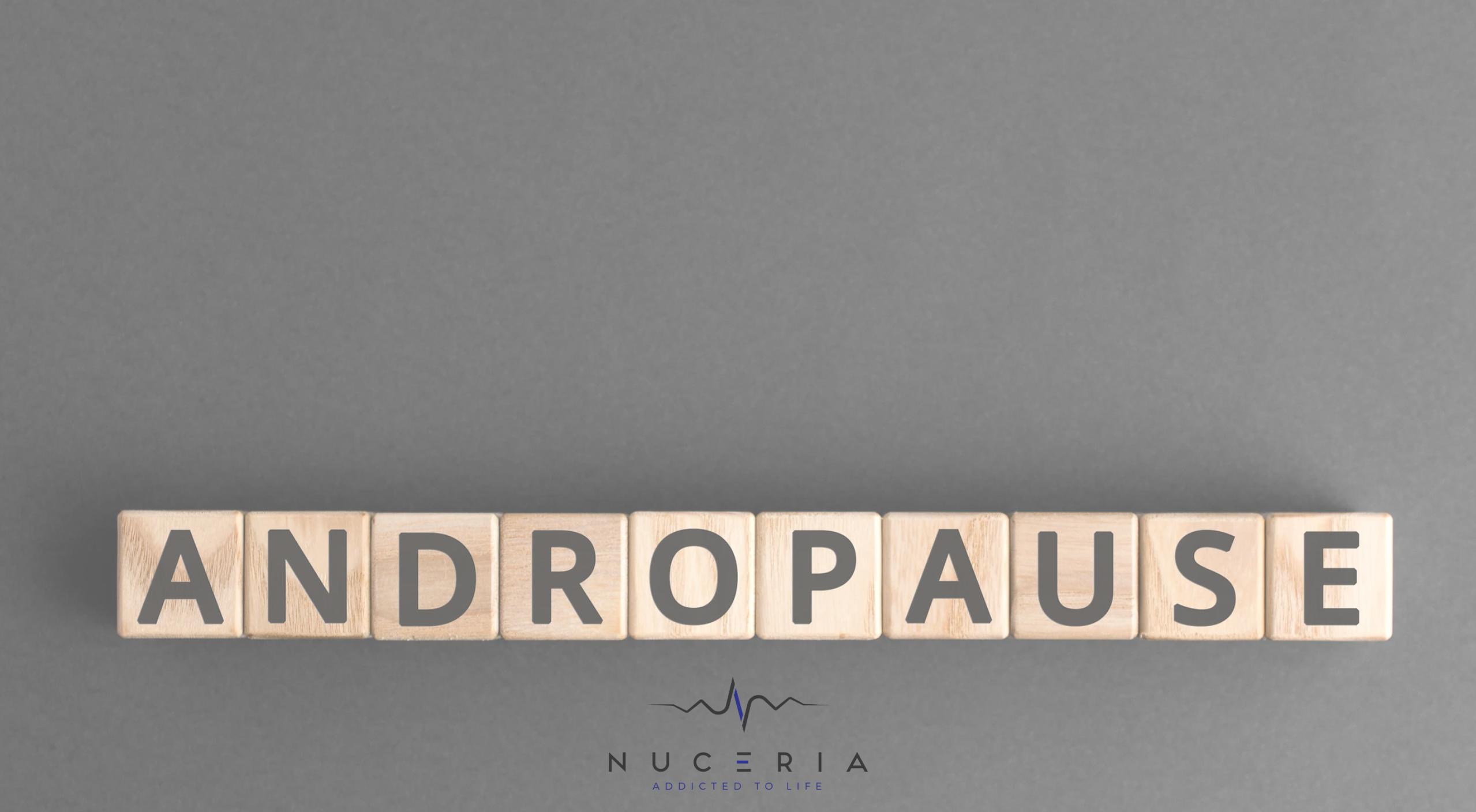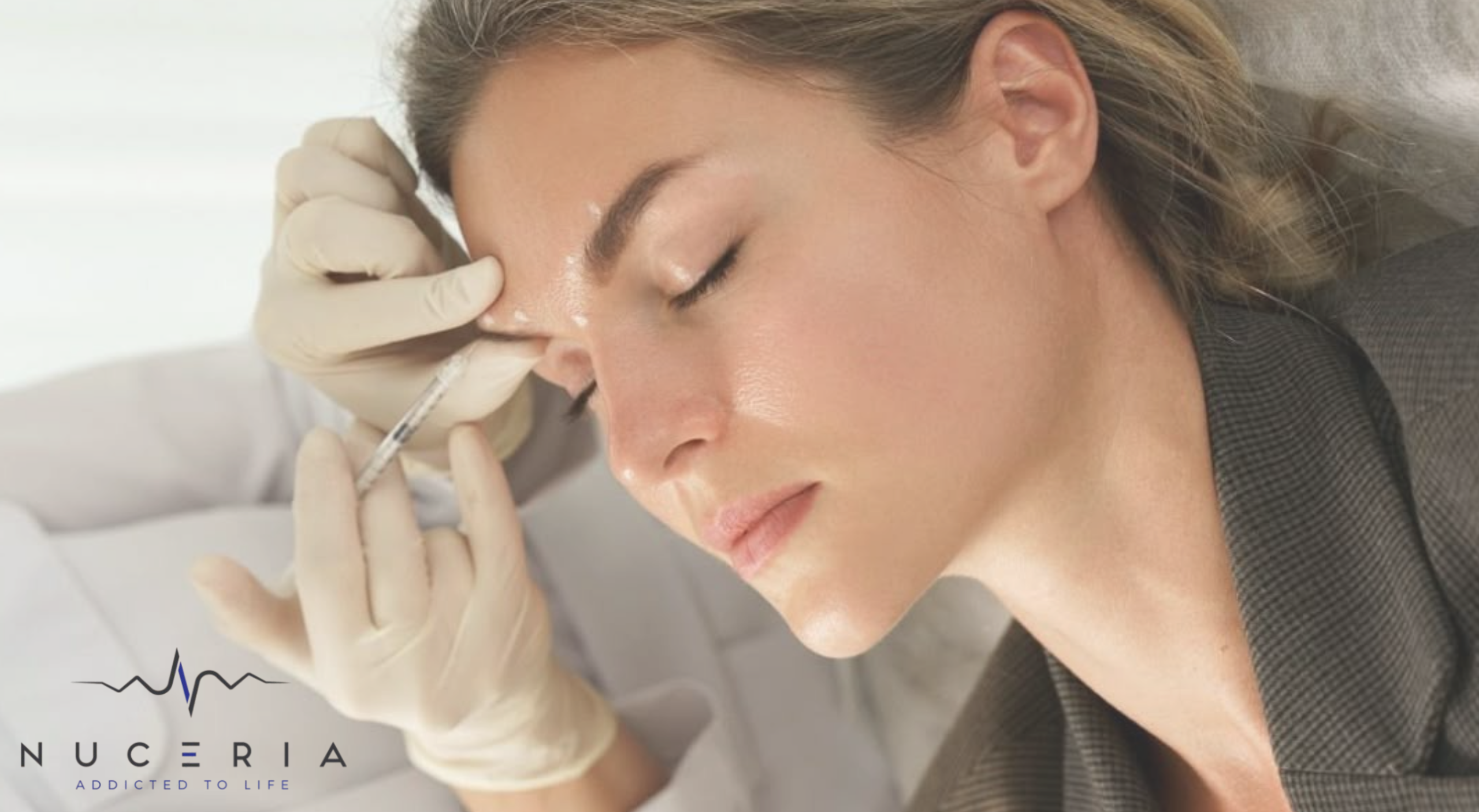Andropause: Symptoms, Causes, and Treatment Options
Andropause, often referred to as male menopause, is characterized by a gradual decrease in testosterone levels among older men. This condition is associated with a reduction in the production of testosterone in individuals who were assigned male at birth (MAAB), generally those who are 50 years of age or older.
According to the American Urological Association, approximately 2.4 million men in the United States experience symptoms of low testosterone related to andropause. It is often linked to hypogonadism, as both conditions share similar symptoms and involve lowered testosterone levels.
Unlike female menopause, andropause does not signify a complete cessation of reproductive function. Still, it can significantly impact a man's quality of life. Recognizing the symptoms, understanding the causes, obtaining a proper diagnosis, and exploring treatment options are essential for effectively managing this natural transition.
Symptoms of Andropause
Andropause symptoms can vary widely among men, but some common indicators include:
- Exhaustion: Continuous feelings of weariness, fatigue, and low energy levels.
- Emotional Fluctuations: Enhanced feelings of irritability, stress, and sadness.
- Decreased Sexual Interest: Stress, hormonal changes, psychological issues, or even certain medications often contribute to a significant drop in sexual appetite and activity.
- Impotence: Challenges with obtaining or keeping an erection.
- Weight Gain: An increase in body fat, particularly around the abdomen.
- Loss of Muscle Mass: A decrease in muscle strength and mass.
- Sleep Disturbances: Issues with insomnia or other sleep disorders.
- Hot Flashes: Episodes of sudden warmth and sweating, similar to female menopause.
Recognizing these symptoms can help men seek appropriate medical advice and treatment.
Causes of Andropause
Andropause primarily results from the natural decline in testosterone production as men age. Testosterone is a vital hormone that maintains muscle mass, bone density, and sexual function. The gradual decrease in testosterone typically begins around the age of 30. It continues to decline at a rate of about 1% per year.
Other factors contributing to andropause include:
- Chronic Illnesses: Conditions like diabetes and cardiovascular disease can exacerbate testosterone decline.
- Obesity: Having too much body fat can disrupt the production of hormones.
- Stress: Chronic stress can impact hormone levels and overall health.
- Alcohol and Drug Use: Excessive consumption of alcohol or the use of certain medications can affect testosterone levels.
- Lifestyle Factors: Poor diet, lack of exercise, and inadequate sleep can contribute to lowered testosterone levels.
- Psychological Factors: Chronic stress, anxiety, and depression can influence hormone balance.
- Medical Conditions: Illnesses such as diabetes, hypertension, and autoimmune diseases can impact testosterone production.
Diagnosis of Andropause
Diagnosing andropause involves several steps:
- Medical History and Physical Examination: A doctor will review the patient's medical history and perform a physical exam to identify any potential causes of the symptoms.
- Blood Test (Serum Testosterone Test): Blood tests are crucial for measuring testosterone levels. The Serum Testosterone Test determines if the testosterone level is below the normal range, confirming a diagnosis of andropause.
- Additional Tests: Based on the symptoms, healthcare providers may order further tests to eliminate the possibility of other conditions causing these symptoms, such as:
- Thyroid Function Tests: To check for thyroid disorders.
- Lipid Profile: To assess cholesterol levels.
- Blood Glucose Tests: To screen for diabetes.
- Bone Density Test: To evaluate bone health and rule out osteoporosis.
Treatment Options for Andropause
Several treatment options are available to manage andropause symptoms effectively. These include:
- Testosterone Replacement Therapy (TRT): TRT can help restore testosterone levels, improving mood, energy, and sexual function. It is available in various forms, such as gels, patches, injections, and pellets.
- Lifestyle Modifications: Engaging in daily physical activities, consuming a nutritious diet, ensuring sufficient rest, and managing stress effectively can greatly enhance symptom relief.
- Pharmaceutical Options: Doctors may advise considering prescription medication for specific health issues, including depressive episodes and erectile dysfunction.
- Natural Supplements: Supplements such as ginseng, Tribulus Terrestris, and fenugreek may benefit some individuals.
- Counseling and Support Groups: Psychological support can help men cope with mood changes and other emotional aspects of andropause.
Andropause is a natural part of aging for many men, characterized by decreasing testosterone levels and various symptoms. Men can navigate this transition more effectively by gaining a clear understanding of the symptoms, causes, and diagnosis and exploring the available treatment options. Implementing healthy lifestyle changes and seeking professional medical guidance can help maintain a high quality of life and overall well-being during this phase.
Request an appointment here: https://mynuceria.com or call Nuceria Health at (305) 398-4370 for an appointment in our Miami office.
Check out what others are saying about our services on Yelp: Wellness Center in Miami, FL.







